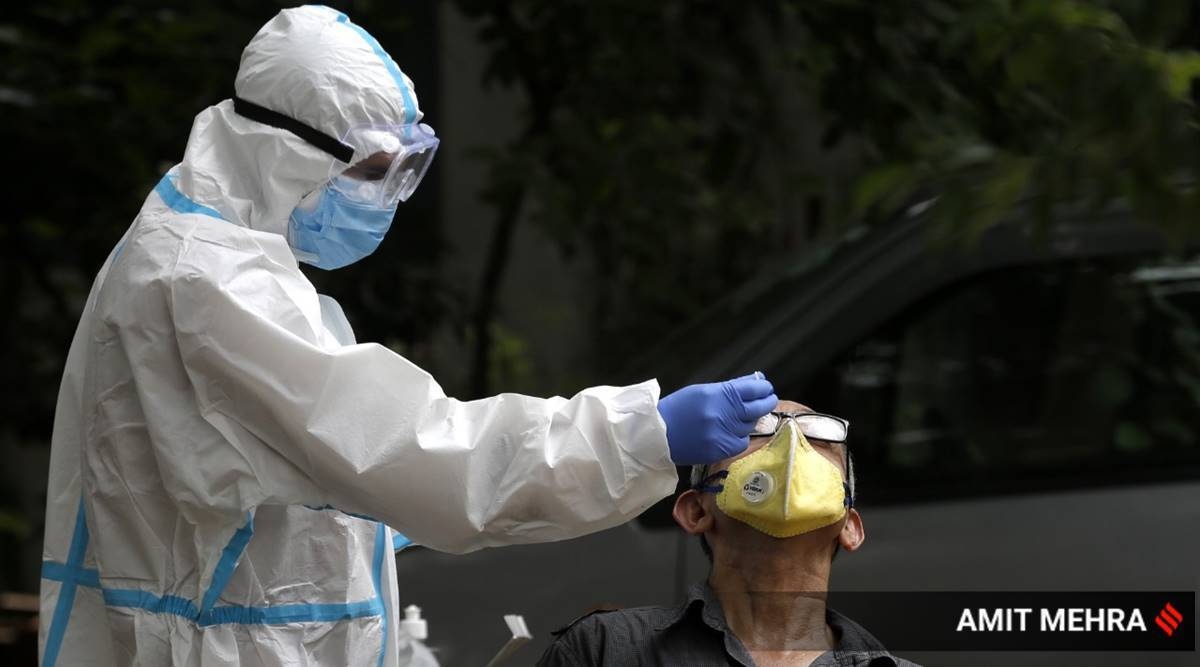This particular method of collecting and processing the sample enables to save on the otherwise costly infrastructural requirement of RNA extraction. The method is environment-friendly as well, since waste generation is minimised, Krishna Khairnar said.

The National Environmental Engineering Research Institute (NEERI) has developed a simple and fast method of swab collection and processing for RT-PCR coronavirus test which could be used in rural and tribal areas.
The method is simple, fast, cost-effective, patient-friendly and comfortable, the Council for Scientific and Industrial Research (CSIR) said.
It is well-suited for rural and tribal areas, given minimal infrastructure requirements, it said.
The Nagpur-based NEERI is a constituent laboratory of CSIR.
Krishna Khairnar, senior scientist, Environmental Virology Cell at NEERI, said the swab collection method requires time. Moreover, since it is an invasive technique, it is a bit uncomfortable for patients.
“Sometime, it is also lost in the transport of the sample to the collection centre. On the other hand, the Saline Gargle RT-PCR method is instant, comfortable and patient-friendly. Sampling is done instantly and results will be generated within three hours,” he said.
The method is non-invasive and so simple that a patient can collect the sample himself, said Khairnar.
Collection methods like nasopharyngeal and oropharyngeal swab collection require technical expertise and they are also time-consuming. In contrast, the Saline Gargle RT-PCR method uses a simple collection tube filled with saline solution, he said.
The patient gargles the solution and rinses it inside the tube. This sample in the collection tube is taken to the laboratory where it is kept at room temperature, in a special buffer solution prepared by NEERI.
An RNA template is produced when this solution is heated, which is further processed for Reverse Transcription-Polymerase Chain Reaction (RT-PCR).
This particular method of collecting and processing the sample enables to save on the otherwise costly infrastructural requirement of RNA extraction. The method is environment-friendly as well, since waste generation is minimised, Khairnar said.
The Nagpur Municipal Corporation has given permission to go ahead with the method, following which testing has begun at NEERI, the CSIR said.
Source: Read Full Article
